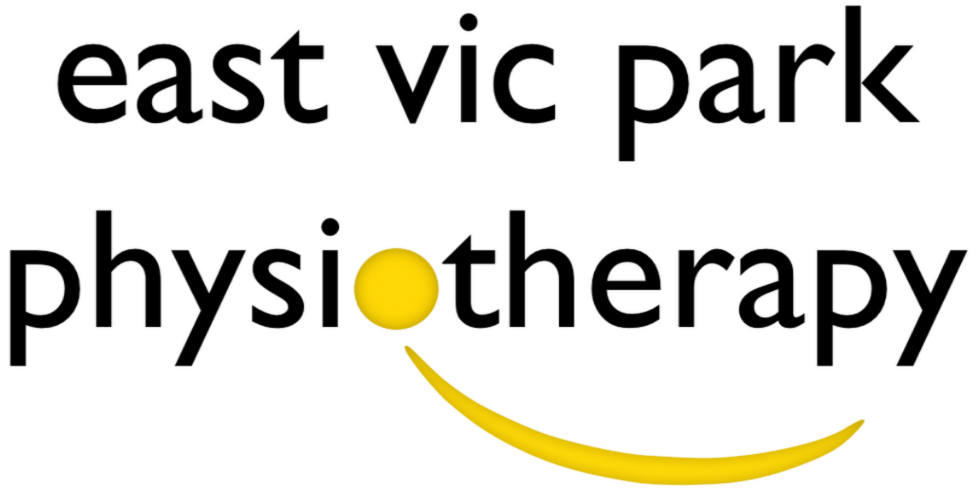Achilles Tendinopathy - What you need to know
What is a tendinopathy?
Tendinopathy simply means that the tendon has failed to adapt to loading, doing “too much, too soon”.
Whether you have increased your load by volume, intensity or frequency… this amount was greater than the tendons capacity to cope and recover.
Load > Capacity
How did I get an Achilles Tendinopathy?
You may be more prone to a tendinopathy if you are a…
o Running / jumping / landing athlete i.e. distance running, basketball, AFL and netball.
o Weekend warrior who over exercises on weekends and under trains during the week.
o Older person with a history of poorly rehabilitated and/or grumbly tendon.
Where does it hurt?
Do you pinch your heel and feel your pain?
People tend to have a very specific site that is the source of their symptoms and can put their finger right on it.
Do I need a scan of my Achilles?
No.
In 90% of cases this should be easily diagnosed by your physiotherapist or sports physician. If you aren’t getting results with your treatment and rehab then you may be referred for a scan.
What should I avoid doing?
- Don’t rest
Staying off it completely will only increase the time it takes to rehabilitate the tendon.
- Don’t stretch/massage the tendon
Stretching and massaging the tendon won’t get it stronger. Muscle massage however, is ok. Stretch may feel good temporarily, however can make the tendon more irritable.
- Don’t train through high levels of pain
Low or mild discomfort can be ok during activity, but if you are still sore 24-72 hours later then you have done too much, too quickly.
I’ve been having physio and not getting better, what should I do?
Ask yourself;
- ‘Do I have the correct loading amount in my work out?’
… not too much or too little.
- ‘Am I sticking to the program?’
… over committing/loading or too many days between rehab sessions won’t help the tendon to strengthen and repair.
If you’re doing all these things right then discuss with your health practitioner where to go to next.
What’s the best treatment for Achilles Tendinopathy?
Best practice for tendon health is a combination of…
- Regular progressive loading, and
- Pain monitoring
- A short period of staying off the grumpy tendon may also be necessary.
- Your GP or health professional will be able to advise regarding anti-inflammatory use.
Speak to your physiotherapist who will assess and prescribe the optimum amount and intensity of exercises for you.
Author: Peter Gangemi - Master of Physiotherapy






